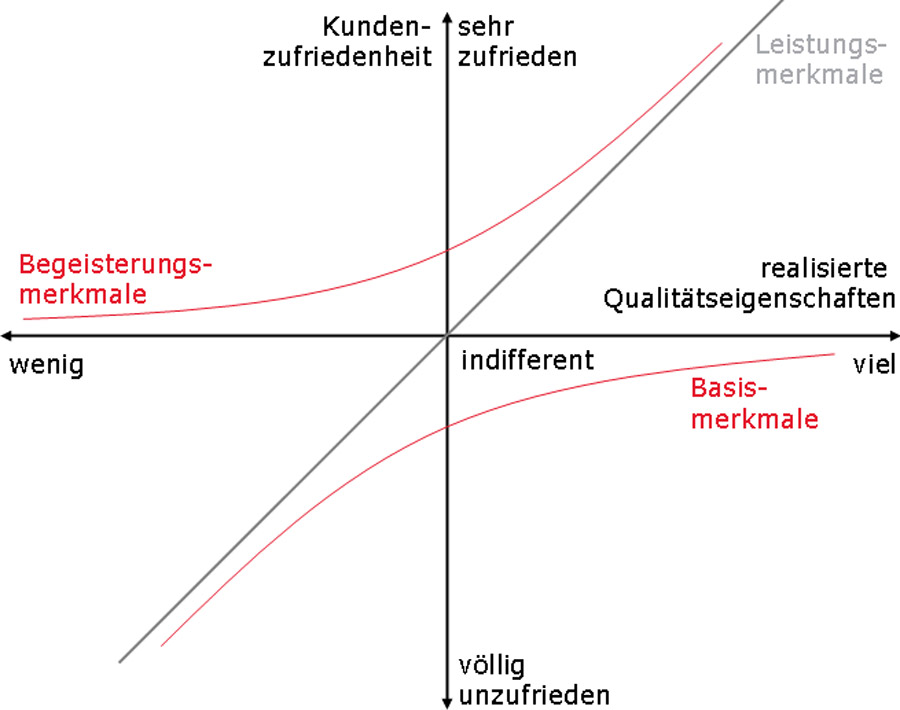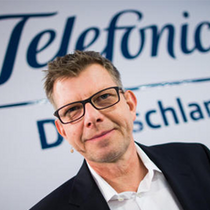Get in touch
“The Physicists” by Swiss writer Friedrich Dürrenmatt is one of my favorite theatre plays. It’s about three physicists who claim to be mentally ill. One of them, Johann Wilhelm Möbius, has discovered a formula with which all of humanity could be destroyed. To keep his discovery secret, he allows himself to be admitted into a psychiatric institution. However, the plan fails, for: “That which was once thought cannot be retracted.”
The situation regarding comfort features of products and services is similar. Once a comfort feature has been introduced, it can’t be withdrawn. This won’t lead to mankind’s destruction, but it will surely cause the destruction of one or the other business model.
By comfort features I mean aspects of a product that aren’t really necessary for the product to fulfill its purpose, but definitely increase the quality of the user experience. Those of you who know the Kano model are aware of this “excitement attribute” – something the model calls “attractive quality”.

An enjoyable experience I recently had with Amazon can serve as an example. I wanted a purchase delivered faster so I chose the slightly more expensive express delivery option. Unfortunately, the delivery didn’t take place as quickly as planned. What could have been annoying was alleviated because Amazon informed me early on via E-Mail – and the entire delivery charges were credited to my account. I didn’t have to call a hotline, just to be put on hold indefinitely. The process was completely automatic.
This left me with a positive impression, all the more so because I have been entitled to a credit of 1€ from my cable TV provider for months. Every month, though, I can read on my invoice that the credit cannot be applied to my bill “due to technical reasons” and I should contact customer service (something I have no inclination to do).
When I consider these two contrasting situations from a consumer’s perspective I have no understanding for these “technical reasons”.
At first glance this may seem to be a triviality. But, in a globalized economy, in which market entry barriers are becoming ever lower, these excitement attributes will sooner or later become the crucial element in establishing competitive advantage.
Fragmentation of the value chain (i.e. companies that are increasingly focusing on core competencies), relocation of production to newly industrialized countries and the accompanying commodification of a continuously increasing number of products leave consumers with little more to differentiate products other than brand and experience. With the growing generation of “Millennials”, who have comparatively little brand loyalty, the only differentiating factor that will possibly remain in the future is the capability to excite through experience. Thus, the customer experience remains as the decisive competitive advantage.
It is precisely this transformation of business processes into the digital age that presents opportunities to not only blindly automate these processes, but also question them on a basic level. The CEO of Telefonica puts it even more aptly:

For, digital transformation provides the opportunity to fundamentally rethink one’s own processes and redefine those factors that influence quality. For example, in Lean Management one tries to eliminate all steps in the process that don’t contribute to creating value.
Why not think about eliminating all steps in the process that don’t help improve the customer experience?